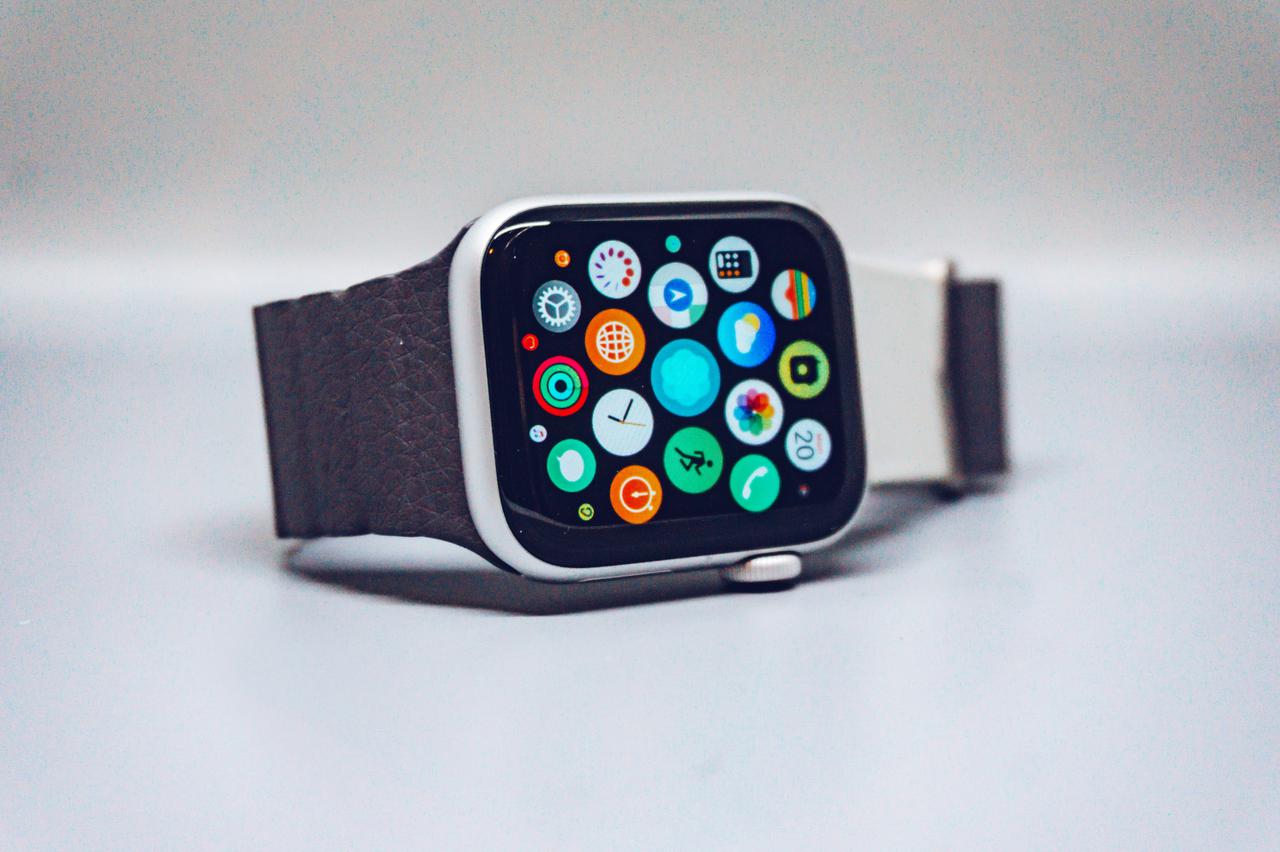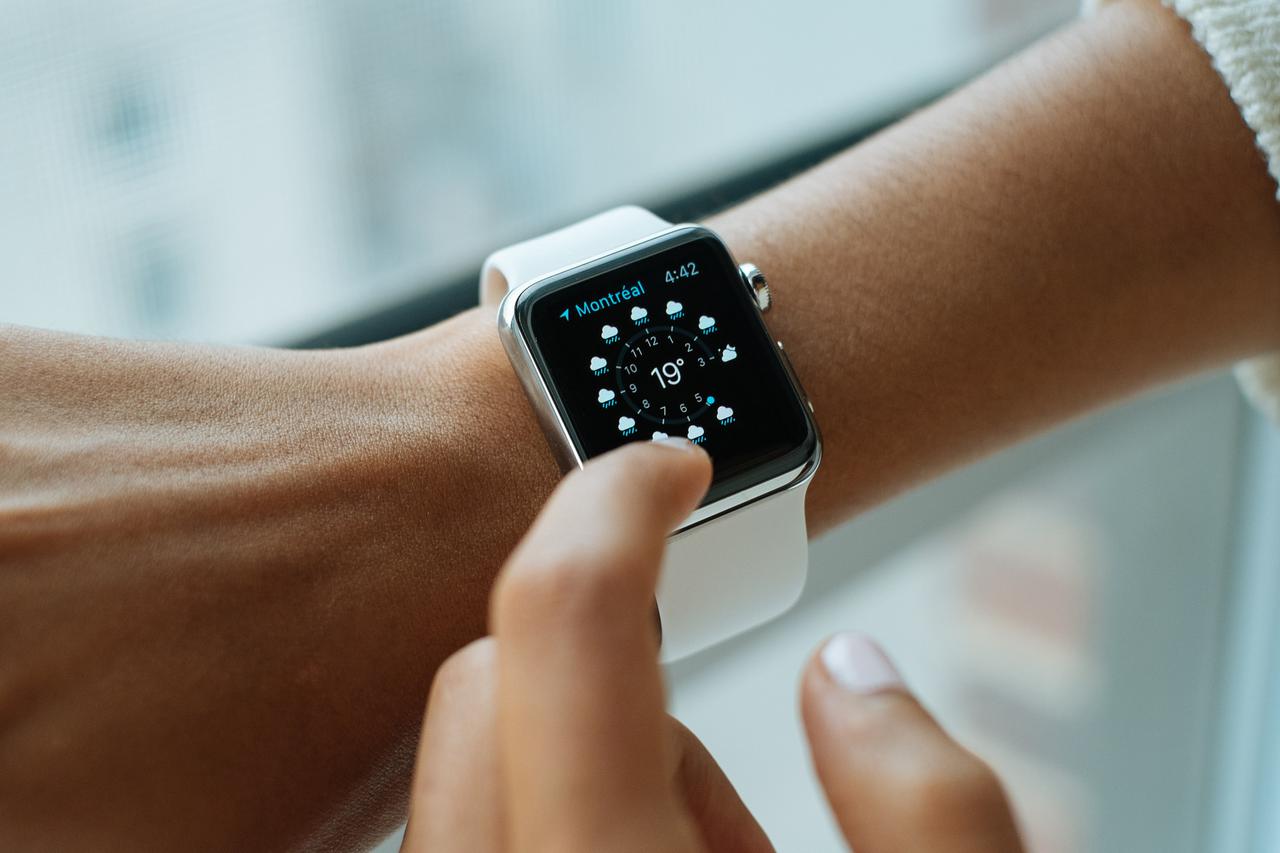It’s undeniable that wearable technology offers convenience and an array of benefits for your health and wellbeing. You can get real-time data about your heart rate and blood pressure, plus insights into the amount and quality of sleep you’re getting. Wearable technology frees you from carrying a cell phone with you everywhere you go. However, the downside is that devices record a lot of data about you, from GPS location to your health metrics. If you’re new to wearable technology, you may be wondering how it affects your privacy.
While wearable technology makes it easier to understand your fitness and access your devices, it also makes you a target for hackers. The security settings for wearables don’t offer much protection, making them appealing for nefarious individuals who can gain access to your entire home network.
Hackers can then see your contacts, photos, and even bank information if it’s stored on your app––all by accessing your wearable device. One of the best ways to protect your data is using the latest devices with the most up-to-date software installed. A technology subscription provides you with the latest tech without costing you a lot of money.

Your wearable device records personal medical information about you, relaying it to whatever apps you use to track your sleep, heart rate, and fitness. While you can safeguard your data by reading the privacy policy of any app you download and use, new updates to the app may alter the original terms.
It’s crucial to use apps from known and trusted developers. Your data will be more secure, and you can trust that nothing will be sold to third parties.
Even if the apps you use are reliable, your data storage may not be. Everything your wearable technology records get stored in the Cloud. Depending on your storage provider, your data may get accidentally leaked or exchanged. Along with using current technology and software, it’s crucial to know your Cloud storage provider and the steps they’re taking to protect your data.

Like other devices in the Internet of Things, such as doorbell cameras, climate control apps, and even WiFi-enabled appliances, there’s no way to protect against malware. Hackers can design software to infiltrate your home network and steal your data. While you can get anti-malware software for your computer to protect you against viruses and hackers, there’s no equivalent for wearable devices.
Not only does it make you vulnerable to nefarious individuals who want access to your network and data, but it can also render the device useless with denial-of-service attacks. At best, an attack can cause an inconvenience; at worst, it can brick your device.
The threat of malware can be a significant downside to the cost of buying the latest wearable tech. A subscription service provides you with the benefits of the latest technology and software without the commitment of buying.
Staying current with the latest technology is not only expensive but can be time-consuming to stay updated with the most current device releases. Not to mention the time and hassle of downloading and installing software updates to keep your data secure. Doha Inc. provides an alternative with a subscription service for the latest technology. Your devices will always be the latest versions with the most up-to-date software with a low monthly fee. Current software keeps your privacy safe, even when you’re using wearable technology.
Sign up for Doha Inc.’s subscription service and get the latest version of all the devices you need, from laptops, tablets, and phones to wearable technology.
